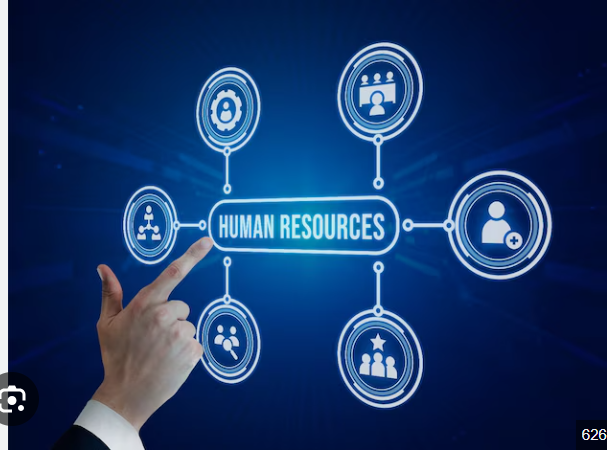Evolution of Human Resource Management (HRM)

Human Resource Management (HRM) has evolved over time in response to changing social, economic, and technological dynamics. What began as a simple administrative function has developed into a strategic role that emphasizes people as key assets in achieving organizational success. Below is a chronological view of the evolution of HRM:
Read Details - HR Classes in Pune
1. Industrial Revolution Era (18th - 19th Century)
Primary Focus: Labor management and productivity
- The rise of factories created a need to manage large groups of workers.
- The focus was on increasing productivity through strict supervision, discipline, and long working hours.
- Basic personnel functions, like hiring and payroll, were handled informally by managers.
- Welfare officers were introduced to address worker concerns, marking the first steps toward structured HR practices.
2. Early 20th Century – Personnel Management Era
Primary Focus: Employee welfare and compliance
- With the rise of trade unions and labor laws, organizations had to address workers' rights and welfare.
- Personnel departments emerged to manage tasks such as hiring, wages, and worker grievances.
- Organizations began offering welfare programs like housing, medical care, and recreational activities.
- The Scientific Management Theory (Frederick Taylor) emphasized productivity by streamlining labor tasks.
3. 1930s - Human Relations Movement
Primary Focus: Employee motivation and satisfaction
- The Hawthorne Studies by Elton Mayo highlighted the importance of employee well-being, motivation, and social relationships.
- Organizations started recognizing that workers are motivated not just by money but also by emotional and social factors.
- This period marked a shift toward employee satisfaction and better working conditions to improve productivity.
4. Post-World War II (1940s - 1960s)
Primary Focus: Growth of personnel management and labor relations
- After the war, economies expanded, and organizations began focusing on formalizing HR policies.
- Labor unions became powerful, influencing collective bargaining and industrial relations.
- HR professionals played a key role in negotiating wages, handling disputes, and ensuring compliance with labor laws.
- The need for specialized roles in recruitment, training, and employee welfare began to emerge.
5. 1970s - Emergence of Human Resource Management (HRM)
Primary Focus: Strategic management of human resources
- Organizations started shifting from traditional personnel management to a more strategic HRM approach.
- HR professionals were seen not just as administrators but as partners in business strategy.
- Companies emphasized employee development through structured training programs and performance appraisals.
- Theories like Maslow’s Hierarchy of Needs gained importance, highlighting the need to motivate employees at multiple levels.
Read Details - HR Course in Pune
6. 1980s - Strategic HRM and Organizational Culture
Primary Focus: Alignment of HR with business strategy
- HR evolved into a strategic function that aligned talent management with the company’s long-term goals.
- Organizations started focusing on building corporate culture, employee engagement, and leadership development.
- HR professionals became involved in succession planning, developing talent pipelines, and workforce planning.
7. 1990s - Globalization and Technology Integration
Primary Focus: Technology-driven HR practices and globalization
- With the rise of globalization, HR needed to manage diverse workforces across multiple locations.
- HR Information Systems (HRIS) began to automate processes like payroll, recruitment, and performance tracking.
- Outsourcing of non-core HR activities (like payroll and recruitment) became popular to reduce costs.
- Companies began focusing on work-life balance, employee well-being, and cross-cultural management.
Read Details - HR Training in Pune
- Questions and Answers
- Opinion
- Story/Motivational/Inspiring
- Technology
- Art
- Causes
- Crafts
- Dance
- Drinks
- Film/Movie
- Fitness
- Food
- Spellen
- Gardening
- Health
- Home
- Literature
- Music
- Networking
- Other
- Party
- Religion
- Shopping
- Sports
- Theater
- Wellness
- News
- Culture
- War machines and policy

